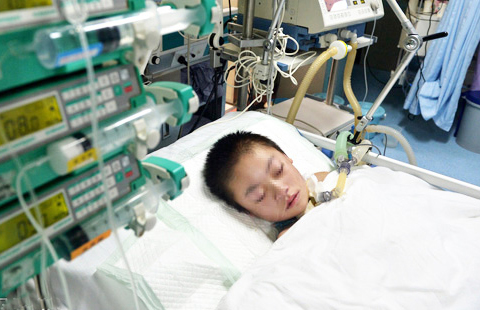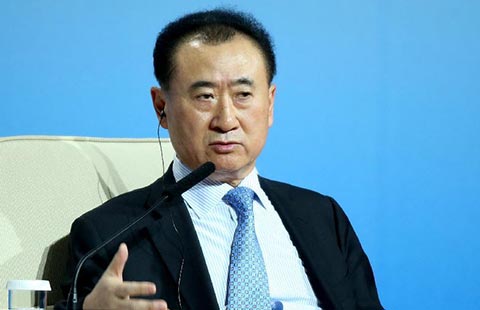
Luo, from the Ministry of Environmental Protection, said a lack of wind made it hard for air pollutants to disperse, and that large emissions from boilers burning coal would mean that smog persists in the northeast until Saturday.
Local authorities on Monday strengthened restrictions on major polluting industries, with the ministry ordering them to curb the production and use of vehicles.
For example, Shenyang has restricted production by major polluters by 40 to 50 percent and all construction sites have been told to suspend working since Saturday.
The city's environmental watchdog has sent monitors to check on the situation at all major pollution emitters and told them to update inspections on their micro blogs.
He Kebin, head of Tsinghua University's School of Environment, said emergency efforts to curb air pollution should be fully implemented.
"Governments need to improve the emergency response system with more detailed regulations," He said.
He said governments should improve technology to obtain better accuracy in predicting days when pollution would be heavy.
Bi Deli, an environmental researcher at Liaoning Academy of Social Sciences, said some cities had failed to reduce pollution as expected.
Without workable regulations to coordinate departments and prompt warnings for the public, it was hard to achieve a reduction, Bi was quoted as saying by Xinhua News Agency.
Contact the writers through zhengjinran@chinadaily.com.cn








